

Learn from leading experts in collective intelligence and crisis response

Contact Information: [email protected]
Matt Andrews' research focuses on public sector reform, particularly budgeting and financial management reform, and participatory governance in developing and transitional governments. Recent articles focus on forging a theoretical understanding of the nontechnical factors influencing success in reform processes. Specific emphasis lies on the informal institutional context of reform, as well as leadership structures within government-wide networks. This research developed out of his work in the provincial government of Kwa-Zulu Natal in South Africa and more recently from his tenure as a Public Sector Specialist working in the Europe and Central Asia Region of the World Bank. He brings this experience to courses on public management and development. He holds a BCom (Hons) degree from the University of Natal, Durban (South Africa), an MSc from the University of London, and a PhD in Public Administration from the Maxwell School, Syracuse University. Read more here
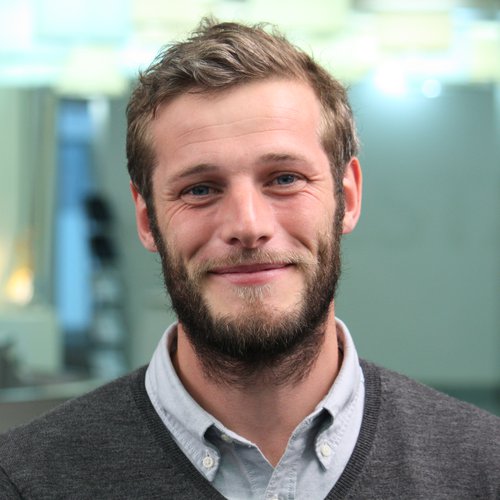
Contact Information: [email protected]
Peter is responsible for a number of large scale research projects and experiments that explore how human and machine intelligence can be combined to solve social challenges. As the Head of the Centre for Collective Intelligence Design, Peter's work focuses on areas such as labour markets, health care and digital democracy. His work also covers the role of digital technologies in public and social innovation, crowdfunding, smart cities, the collaborative economy and public innovation labs. Read more here
Peter has led much of Nesta's research into crowdfunding and P2P lending as an innovative way of
financing products and services in the UK, and has co-authored the reports Understanding
Alternative Finance, Pushing Boundaries and Crowdfunding Good Causes. He has also worked on
developing a number of practical tools programmes for those interested in crowdfunding such as
the Working the Crowd guide, the UK’s first online crowdfunding directory Crowdingin.com and the
arts and heritage matched crowdfunding pilot funded by the DCMS.
Alongside this he has been involved in Nesta research projects on public sector innovation labs
and led Nesta's research on digital social innovation. He’s published a number or studies this,
including What Next For Digital Social Innovation (funded by the European Commission and
i-teams: The teams and funds making innovation happen in governments around the world (in
partnership with Bloomberg Philanthropy).
Prior to joining Nesta Peter worked at the social enterprise Innovation Unit (IU) on projects
focusing on redesigning health and social care services to enable coproduction for people living
with long term health conditions. At IU he also co-authored the Radical Efficiency (2010) study
which identified international examples of public sector innovations that deliver better quality
outcomes for lower costs.
Peter holds a M.Sc in Politics and Public Administration from Aalborg University in Denmark.
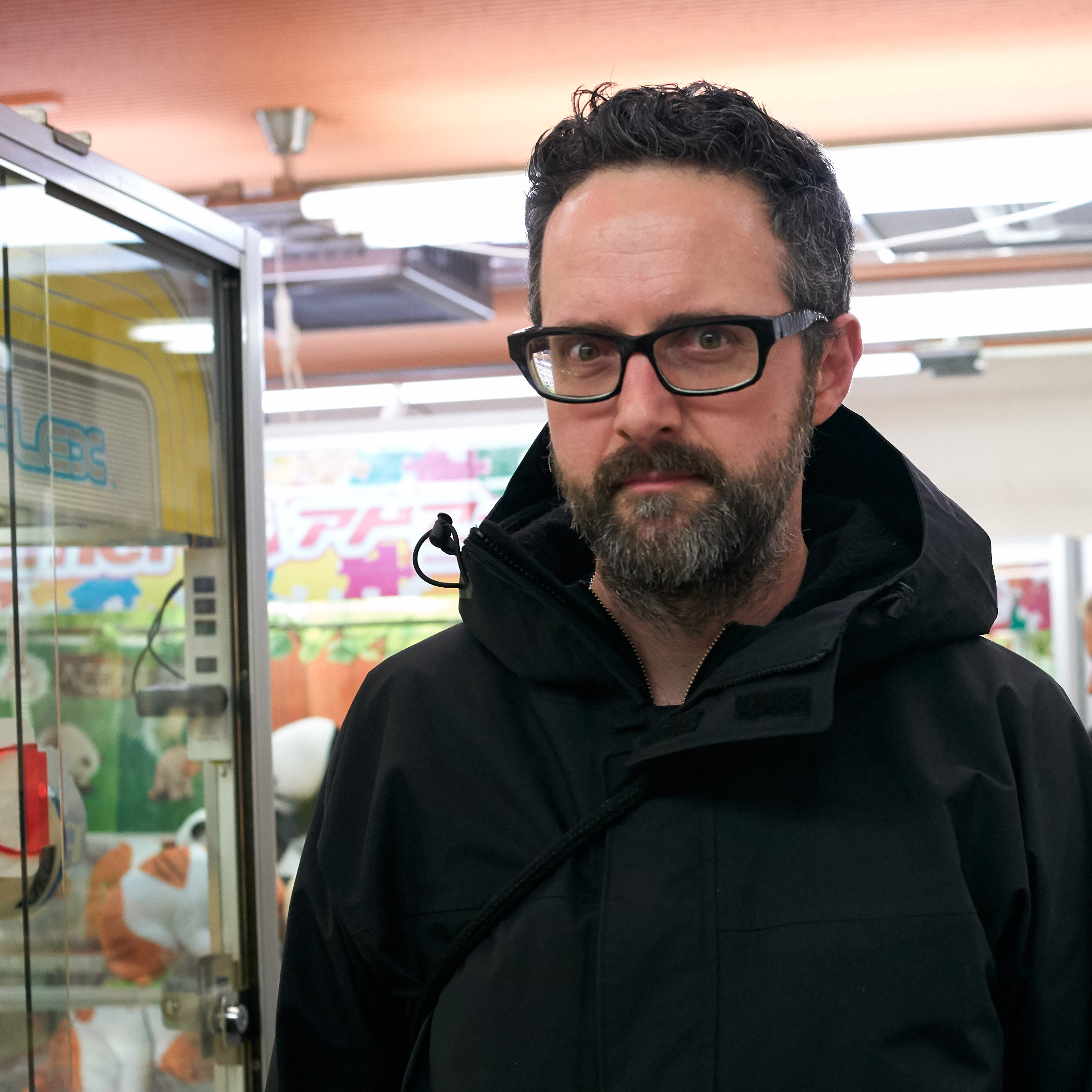
Contact Information: [email protected]
Sean Bonner is an entrepreneur, publisher, activist, artist and enthusiast.In addition to Safecast, he is an Associate Professor at Keio University in Tokyo and sits on the board of CicLAvia. He previously co-founded Coffee Common and the first hackerspace in Los Angeles, Crash Space.
In 2014 he became a Shuttleworth Foundation Fellow and has been a regular contributor to
BoingBoing as well as written editorials for MAKE, Al Jazeera and others. Sean was an Artist In
Residence at the MuseumsQuartier in Vienna, a Hacker In Residence at Sparkfun in Colorado, and
an Entrepreneur In Residence at The Groop in Los Angeles. Previously, as co-founder of Bode
Media Inc, Sean helped create Metblogs, the first global network of local media sites. He has
been profiled in Cool Hunting and Good Magazine.
Prior to all this, Sean helped build the groundbreaking contemporary art gallery sixspace
exhibiting artists such as Glen E. Friedman, Shepard Fairey, Space Invader and others. He ran a
record label and his own design firm. Way before that he was a dishwasher.
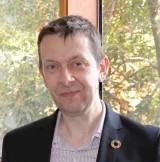
Contact Information: [email protected]
Associate Professor Peter Bragge specialises in translating research evidence into practice and policy to address challenges faced in health and sustainable development. This involves identifying, appraising and cataloguing research evidence; exploring practice through analysis of behaviours and their context; consulting with practitioners and policymakers to design tailored behaviour change interventions and evaluating their effectiveness. As Director of Health Programs for Monash Sustainable Development Institute’s BehaviourWorks Australia, Peter manages BWA’s partnerships with a number of government and other agencies. Peter is also leading MSDI’s collaboration with McMaster University in Canada to build the world’s largest evidence resource for the Sustainable Development Goals (SDGs) – Social Systems Evidence (SSE). Peter has published over 60 peer-reviewed journal articles and a book, From Roadside to Recovery: The Story of the Victorian State Trauma System and has written over 80 reports for government. Prior to his full-time research career, Peter worked for 10 years as a physiotherapist in public and private practice settings, including one year in the United Kingdom.

Contact Information: [email protected]
After 12 years as the founding director of the Tokyo Future Design Institute, I retired, and now primarily focus on my work as Lead Researcher for Safecast, which conducts citizen-science based environmental monitoring around the world. A lot of it focusses on radiation monitoring post-Fukushima. This has led me to be invited to be an instructor on citizen involvement and communication for the IAEA and lecturer at national laboratories in a number of countries.
The Tokyo Future Design Institute was a think tank that sought to influence the direction of
design. It was strongly biased towards the human hand, analog experiences, neuroscience, and the
avant-garde. It was part of the Kanazawa Institute of Technology. We published an extremely
innovative journal.
As an author, my books about architecture in Japan, both traditional and contemporary, as well
as about traditional Japanese sustainable practices, have been very well received. I always have
writing projects in the works.
My current teaching positions include visiting professorships in the Department of Sculpture at
Musashino Art University and at Kyoto University Graduate School of Advanced Integrated Studies
in Human Survivability (GSAIS).
I have frequent speaking engagements, and have been happy to be invited to speak to many
different kinds of groups. Frequent presentation topics include Japanese design sensibility,
consequences of the Fukushima disaster, architecture and city planning, and sustainability.
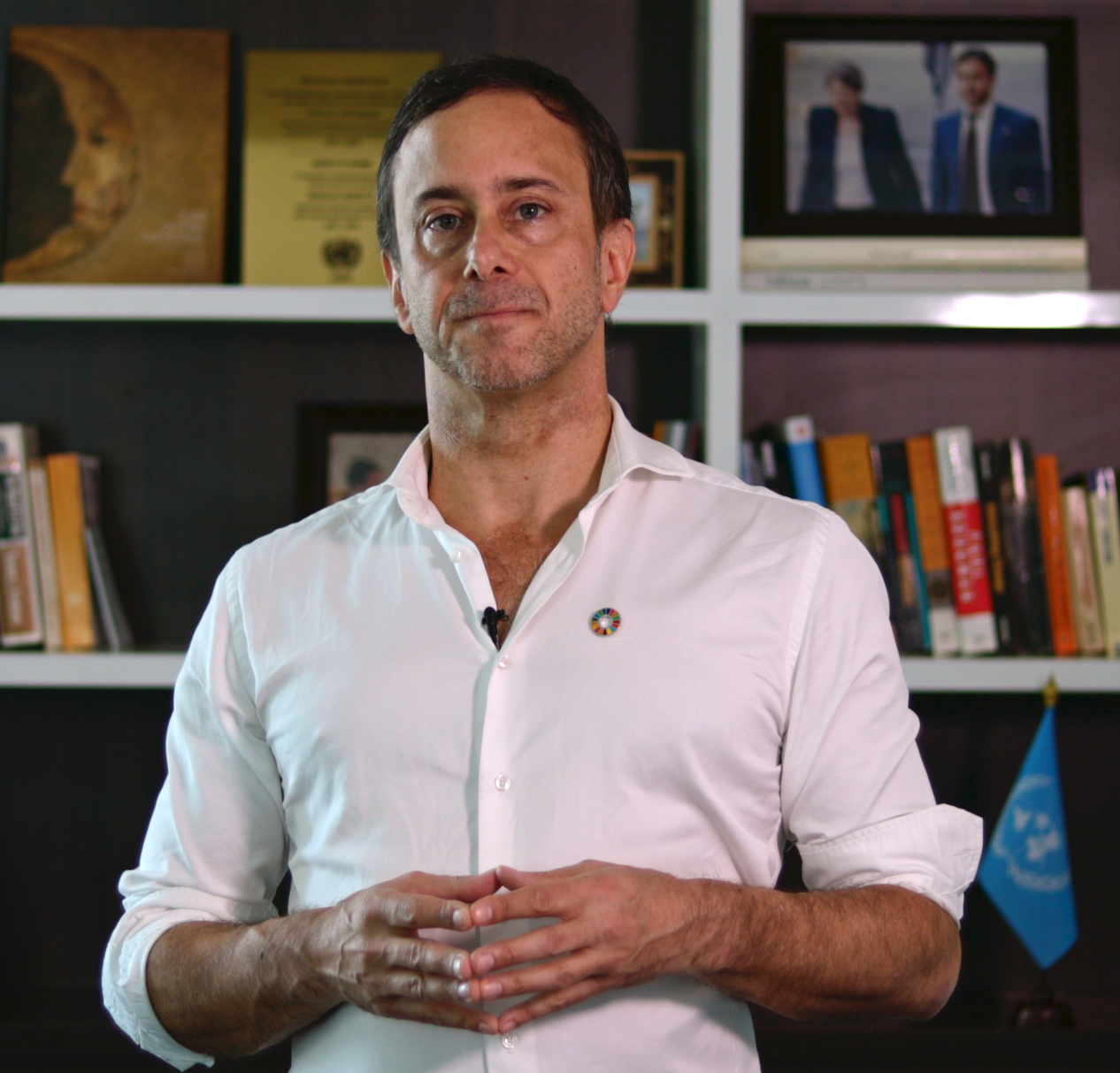
Contact Information: [email protected]
Bradley leads the newly-established UNDP Global Centre for Technology, Innovation and Sustainable Development in Singapore. Bradley is regarded as a pioneer in creating and scaling innovative financing and business models for sustainable development. Bradley set up the UN’s first social venture incubator and impact investment fund, as well the world’s first national SDG Innovation Lab, during his tenure as UN RC/UNDP RR in Armenia (2013 - 2018).
This work was recognized by the Future of Innovation Summit (co-hosted by Stanford University/Rockefeller Foundation). On the behalf of the international community in Armenia, Bradley also led a sensitive electoral assistance program that helped pave the way for the first free, and fair elections in the country’s history. He was awarded the Medal of Honour from the Minister of Foreign Affairs of Armenia.
Directly prior to his appointment in Singapore, he helped lead the design of UNDP’s pioneering flagship innovation lab network, and also helped craft the SDG Fund for the United Nations. Previously with the UN, Bradley served in humanitarian missions in Indonesia, Iraq, Bosnia-Herzegovina and Kosovo.
In addition to his United Nations service, Bradley led the expansion of international operations for the Wellcome Trust, the leading global health foundation. He also worked in leadership roles in banking and management consulting and co-founded a start-up. The California native holds a BA and a master’s degree in philosophy from Stanford University, where he graduated with honours.
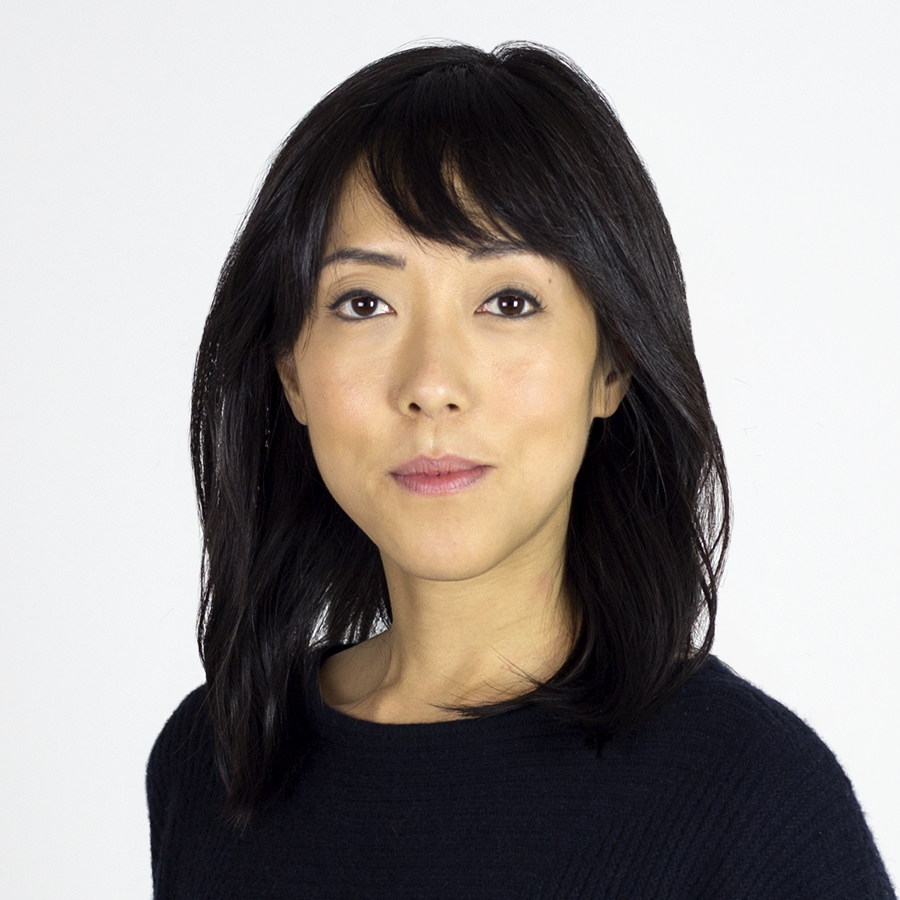
Contact Information: [email protected]
Panthea leads Reboot’s strategy and partnerships, and oversees our programmatic execution. She is passionate about facilitating unlikely but effective collaborations between communities, activists, movements, and institutions to tackle structural inequity—and working with cultural institutions to build public momentum for courageous change.
Panthea is a pioneer in designing and facilitating multi-stakeholder processes to address
complex social challenges, with experience doing so in 30+ countries. The global co-design
processes she’s led have resulted in the launch of bold new efforts to protect human rights
defenders, tackle public sector corruption, strengthen participatory democracy, advance equity
in the open knowledge movement, reform leading international agencies, and drive innovation in
independent media.
Her contributions to the field of social design have been recognized by Fast Company, Core77,
and others. Her work has been featured by Al Jazeera, Aspen Institute, The Atlantic, New York
Times, MIT Innovations Journal, Stanford Social Innovation Review, and she has lectured at
Columbia, Harvard, and New York Universities. Panthea mentors several social entrepreneurs and
sits on the boards of AIGA Design for Democracy and Development Gateway.
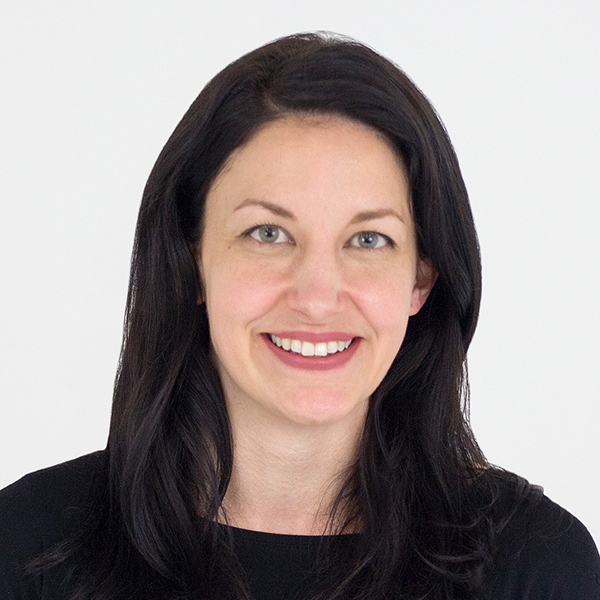
Contact Information: [email protected]
Chelsey is a strategic systems thinker who leads complex, multi-country programs and co-design initiatives. An expert in designing and facilitating multi-stakeholder processes, she brings a social justice lens to navigating the relational and power dynamics within them, and trains our teams and partners in our research and design methods.
Chelsey has over a decade of experience launching and leading programs in 20 countries; her experience spans the fields of advocacy, civic engagement, open data, and public sector innovation. Before joining Reboot, she served on UNICEF’s global innovation team with a mandate to develop new partnerships and processes to advance children’s development. As the Innovation Lead in Malaysia, she developed new models of alternative education for undocumented youth. In Kosovo, she helped establish one of UNICEF’s flagship Innovation Labs, focusing on youth-led advocacy and social entrepreneurship. In Burundi, Chelsey launched U-Report Burundi, a mobile-based communication platform for young people, and worked with women’s groups to introduce off-grid renewable energy solutions in hard-to-reach communities. Prior to UNICEF, Chelsey supported the Centre for International Media Ethics in developing its journalist fellow program, and conducted independent human rights monitoring in Ethiopia.
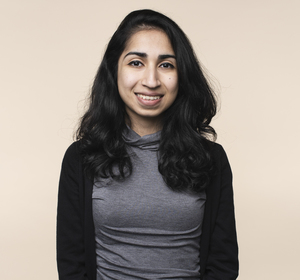
Contact Information: [email protected]
Nashin Mahtani is currently the director of PetaBencana.id, a non-profit organisation developing software infrastructures for community-led disaster co-management. She leads a multidisciplinary design research team in developing humanitarian infrastructures for climate adaptation. She also creates new representational forms and data visualization strategies to explain communication technologies and systems. As a theorist and architectural designer, Nashin’s work investigates the interplay of software aesthetics, ecological governance, and social behaviours to advocate for environmental and social justice.
Nashin has published in leading journals including the Yale Journal of Architecture, e-flux, and the NTU Center for Contemporary Art Singapore Journal. She previously worked as a designer & researcher with the Urban Risk Lab at MIT and as a research assistant at the University of Waterloo School of Architecture where she contributed to projects focusing on flood risk mitigation. Nashin completed her Masters of Architecture (M.Arch '15) and Bachelors of Architectural Studies (BAS '14) at the University of Waterloo, Canada. She has previously worked as an architect in New York, Los Angeles, Miami, & Toronto.
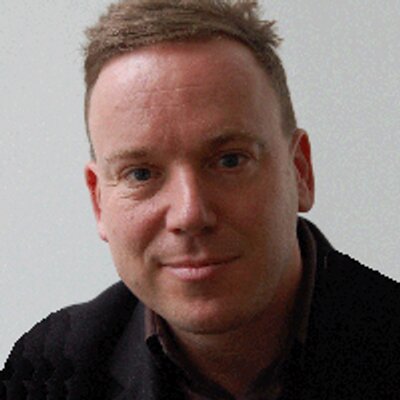
Geoff Mulgan CBE is Professor of Collective Intelligence, Public Policy and Social Innovation at University College London (UCL). Prior to that he was Chief Executive of Nesta, the UK's innovation foundation, between 2011 and the end of 2019. From 1997 to 2004 Geoff had roles in the UK government including director of the Government's Strategy Unit and head of policy in the Prime Minister's office. From 2004 to 2011 he was the first Chief Executive of The Young Foundation. He was the first director of the think-tank Demos; and has been a reporter on BBC TV and radio.
He has a PhD in telecommunications and has been a visiting professor at London School of
Economics (LSE), University College London (UCL) and Melbourne University, a senior visiting
scholar at Harvard University and President of the Innovation Design Department at the Italian
University for Design (IAAD) in Turin. He has also been a regular lecturer at the China
Executive Leadership Academy.
Geoff co-founded many organisations including Demos, the Young Foundation, the Social Innovation
Exchange (SIX), Uprising, Studio Schools Trust, Action for Happiness, the Alliance for Useful
Evidence, the Australia Centre for Social Innovation, States of Change and Nesta Italia. He has
advised many governments around the world and is a World Economic Forum Schwab Fellow from
2019-22. Past books include ‘The Art of Public Strategy’ (Oxford University Press), ‘Good and
Bad Power’ (Penguin), ‘The Locust and the Bee’ (Princeton University Press) and ‘Big Mind: how
collective intelligence can change our world’ (Princeton University Press). His latest book – on
social innovation – was published in late 2019 by Policy Press. Geoff has given TED talks on the
future economy, happiness and education. His Twitter handle is @geoffmulgan. His website is
geoffmulgan.com
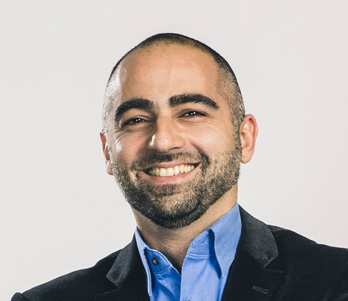
Contact Information: [email protected]
Dr. Ali Nouri is the President of the Federation of American Scientists. His scientific publications are in the fields of virology, cell biology, and developmental biology. His policy focus is in the areas of science and technology capacity in Congress, dual-use biotechnology, and infectious disease. Prior to assuming his role at FAS Nouri served in Congress advising Senators Jim Webb and Al Franken over a ten year period. He served in various positions including as legislative director, national security advisor, energy and environment advisor, and as a science and technology advisor. He began his Senate career as a AAAS Congressional Science and Engineering Fellow.
Nouri is co-chair of the National Academies of Science, Engineering and Medicine’s New Voices
initiative; serves on the upcoming National Academy’s Global Science Diplomacy Roundtable; and
chairs the AAAS Science and Engineering Fellowship Advisory Committee. He also serves on the
MacArthur Foundation’s 100&Change Wise Head Panel.
Nouri previously served as an advisor in the office of then UN Secretary General Kofi Annan, and
as a research associate at Princeton University’s Woodrow Wilson School where he developed
initiatives to bolster global health, while working to reduce the risk of deliberate biological
weapon attacks.
He holds a B.A. in Biology from Reed College and a Ph.D. in Molecular Biology from Princeton
University.
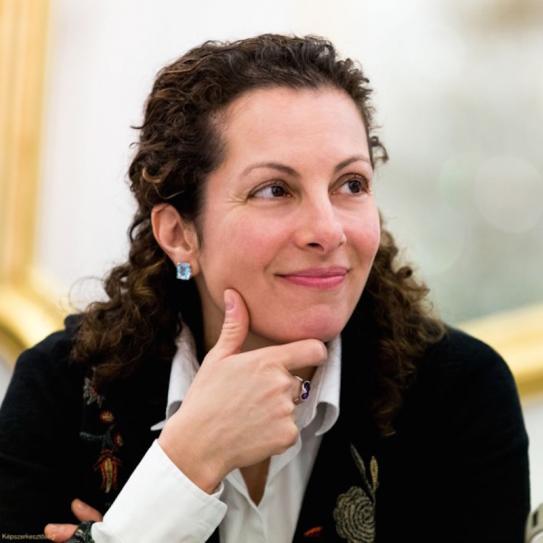
Beth leads the Governance Lab (GovLab) and its MacArthur Research Network on Opening Governance. She is a Professor in Technology, Culture, and Society and affiliated faculty at the Center for Urban Science and Progress at New York University’s Tandon School of Engineering and a Fellow at NYU’s Institute for Public Knowledge. New Jersey governor Phil Murphy appointed her as the state’s first Chief Innovation Officer and Chancellor Angela Merkel named her to her Digital Council in 2018. She is also Visiting Senior Faculty Fellow at the John J. Heldrich Center for Workforce Development at Rutgers University and she Chairs the New Jersey State Task Force on the Future of Work.
Previously, Beth served in the White House as the first United States Deputy Chief Technology Officer and director of the White House Open Government Initiative under President Obama. UK Prime Minister David Cameron appointed her senior advisor for Open Government. Beth is the author of Smart Citizens, Smarter State: The Technologies of Expertise and the Future of Governing (Harvard Univ Press 2015) and Wiki Government: How Technology Can Make Government Better, Democracy Stronger and Citizens More Powerful (Brookings 2009) and co-editor of The State of Play: Law, Games and Virtual Worlds (NYU Press, 2005). Her next book, Public Entrepreneurship: Training the Next Generation of Public Leaders and Problem Solvers will appear with Yale Press.
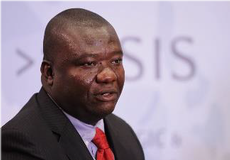
Contact Information: [email protected]
My current research focuses on Ebola vaccines, detection of persistent Ebola virus in survivors, and transmission dynamics for emerging infectious diseases, especially using One Health (OH) approach. I was named winner of the Bloomberg Hopkins Emerging Leader Award, 2016. In honor of the Johns Hopkins Bloomberg School of Public Health’s Centennial. Award was established by Bloomberg Philanthropies to recognize a Bloomberg School student or alumni with the potential to impact public health on a large scale for years to come.
I have been recognized as public health leader both at home and internationally as a leader in
Liberia’s successful response to the 2014 Ebola outbreak, I have made an enormous impact on
public health in disease control programming in West Africa.
A lawyer by training. My work as a public health leader first public health leadership role with
the National Malaria Control Program in Liberia, a program that helped to reduce malaria
prevalence from 66% in 2005 to 28% in 2011. I became Assistant Minister of Health and Deputy
Chief Medical Officer for Prevention in 2012-2015, Deputy Minister of Health for Disease
Surveillance and Epidemic Control 2015-2017. The position recognizes my role in bringing an end
to the worst Ebola epidemic ever known and my leadership of the incident management system that
quickly detected and contained the outbreak. Throughout my career I have consistently
demonstrated analytical excellence and strong leadership, notably through effective
communication and skilled team building. My leadership has saved thousands of lives in Liberia
preventing the Global spread of Ebola. Being a visionary, I led the establishment of Liberia's
First National Public Health Institute after the Ebola crisis and became its First Director
General and Chief Executive Officer (CEO) 2017-2019. The National Public Health Institute of
Liberia as a center of excellence to prevent, detect and respond to public health threats in
Liberia and West Africa.
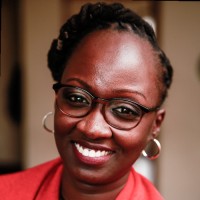
Contact Information:[email protected]
Angela is a technologist, community builder and open-source software advocate who is passionate about building and using appropriate technology tools to create an impact in the lives of marginalised groups. She has over 10 years experience in software development, global community engagement, and non profit organisational management.
She currently serves as the Executive Director at Ushahidi, a global non-profit technology
company that builds tools for democratising information, increasing transparency and lowering
barriers for individuals to raise their voices. She previously served as the Director of
Community Engagement, creating and managing programs for Ushahidi’s diverse global community.
She is also a co-founder of AkiraChix, a non-profit organisation that nurtures generations of
women who use technology to develop innovations and solutions for Africa.
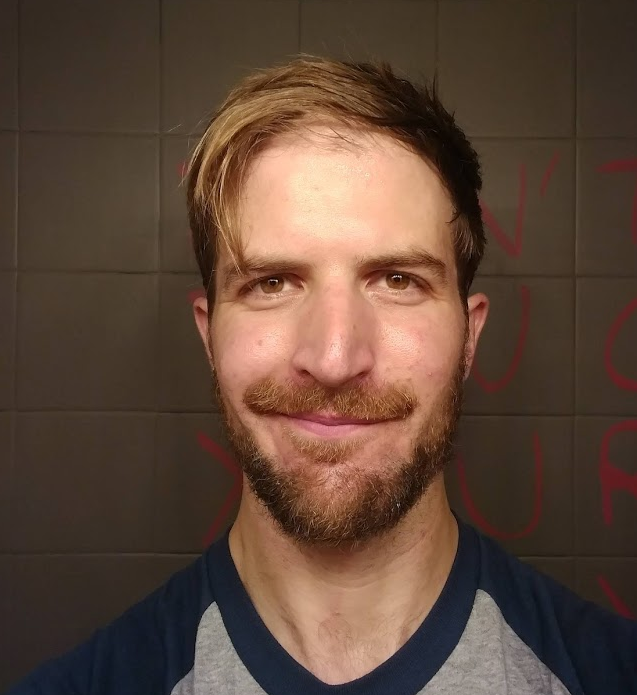
Contact Information:[email protected]
Kyle gets to teach, write, build maps, do data analysis, learn about interesting customer uses cases, and more at CARTO. He is currently quarantining in Washington State.
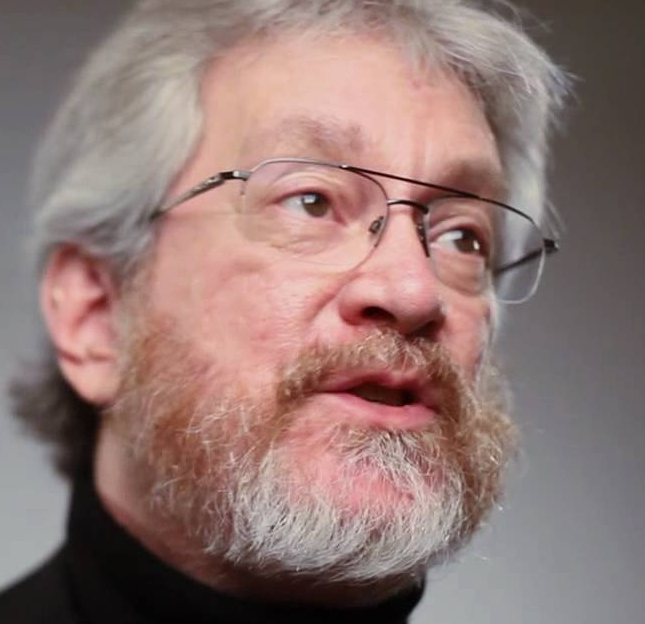
Contact Information:[email protected]
Professor Alex 'Sandy' Pentland directs MIT Connection Science, an MIT-wide initiative, and previously helped create and direct the MIT Media Lab and the Media Lab Asia in India. He is one of the most-cited computational scientists in the world, and Forbes recently declared him one of the 7 most powerful data scientists in the world" along with Google founders and the Chief Technical Officer of the United States. He is on the Board of the UN Foundations' Global Partnership for Sustainable Development Data, co-led the World Economic Forum discussion in Davos that led to the EU privacy regulation GDPR, and was central in forging the transparency and accountability mechanisms in the UN's Sustainable Development Goals. He has received numerous awards and prizes such as the McKinsey Award from Harvard Business Review, the 40th Anniversary of the Internet from DARPA, and the Brandeis Award for work in privacy.
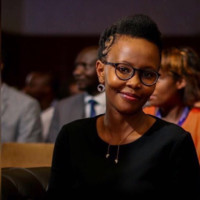
Contact Information:[email protected]
Juliana Rotich is a technologist, strategic advisor, and entrepreneur based in Nairobi, Kenya. She is a co-founder and head of Partnerships at Boya Ltd, a Fin Tech company in Nairobi. She Cofounded BRCK Inc, a hardware and services technology company formed to realize a vision for enabling communication in low infrastructure environments by developing useful, innovative, and exciting hardware-centered technologies in Kenya. Juliana co-founded Ushahidi Inc., a non-profit tech company, which specializes in developing free and open-source software for changing how information flows in the world. She is a World Economic Forum Young Global Leader, alum of MIT Media Lab Director’s Fellows, TED Senior Fellow and serves on the boards of Standard Media Group, Safaricom Money Transfer Service Ltd, Mookh Africa, Blue Consulting and Kenya’s Vision 2030.
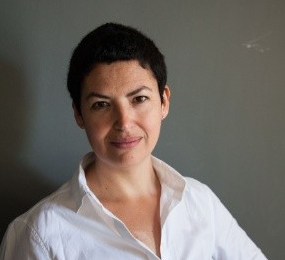
Contact Information: [email protected]
Agueda Quiroga holds a degree in Social Anthropology, MA in Social and Public Policies, and is an expert on higher international education. With more than 15 years of experience in the area of higher international education, and being now On Site Director of the Barcelona Campus of Trinity College (Hartford, CT.), her main current research interest is how to improve learning in non-academic contexts and how to promote crowdsourced social innovation. Prior to that, she worked at Pompeu Fabra University in Barcelona (Spain), as research coordinator in the area of health inequalities and welfare policies.
Contact Information: [email protected]
Dane Gambrell is a Research Assistant at the GovLab. His research focuses on governance innovation, particularly in the areas of collective intelligence and labor law. As an undergraduate, he conducted research in support of several GovLab projects including the CrowdLaw initiative and a massively open online course (MOOC) on Open Justice. Dane’s writing on environmental conservation and geospatial data ethics has been published by the American Geographical Society, where he used to work as an intern. He is a summa cum laude graduate of New York University’s Tandon School of Engineering with a Bachelor of Science in Sustainable Urban Environments.
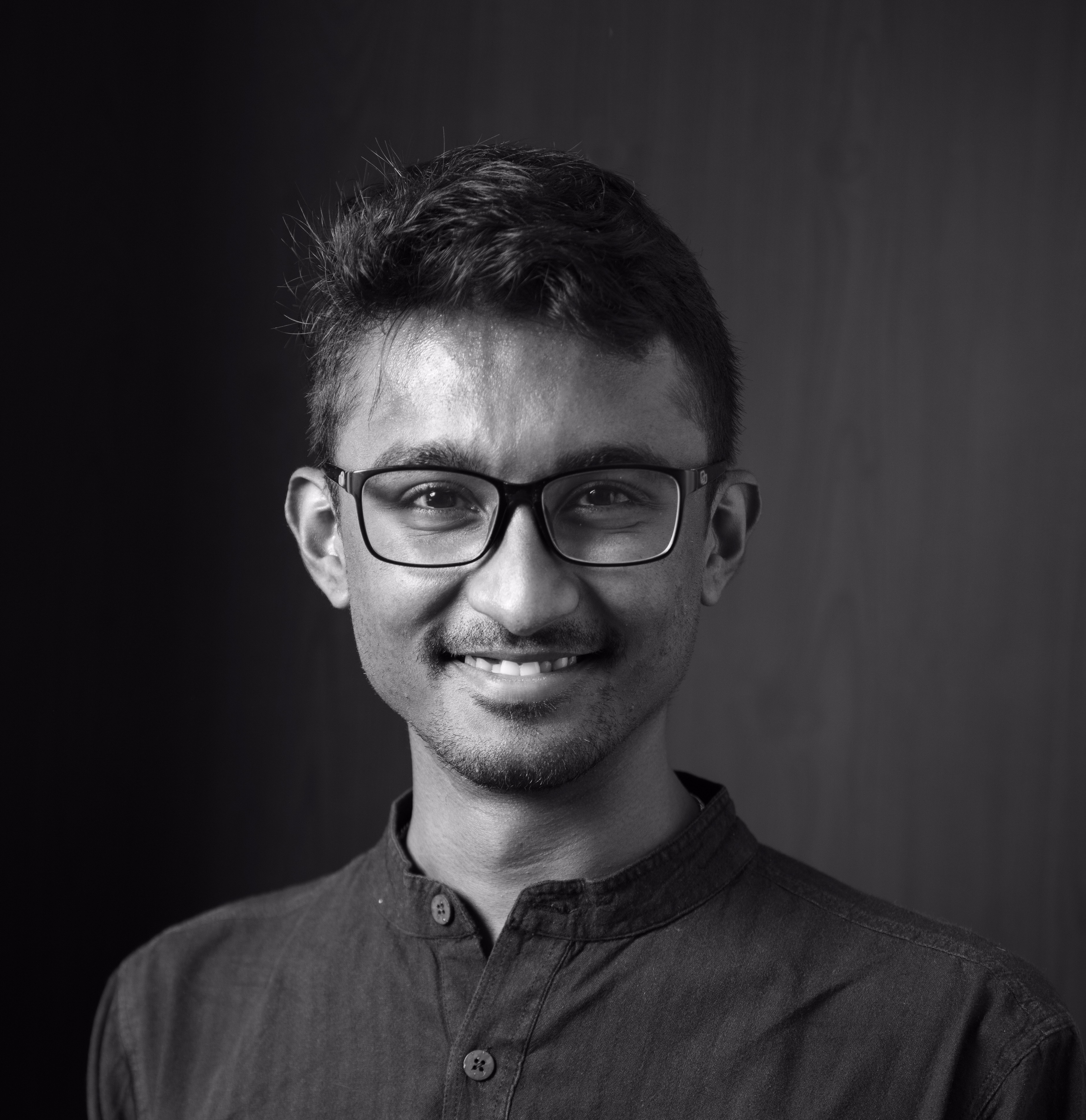
Contact Information: [email protected]
Anirudh Dinesh conducts research on governance innovation. He is a member of the team designing and piloting experiments for new models of public engagement, what the GovLab calls people-led innovation, to improve the legitimacy and effectiveness of policy making and solve urgent problems.
In addition, Anirudh is a member of the CrowdLaw research team looking at how governments around
the world are using technology to involve the public in legislative drafting and
decision-making. He authored multiple case studies documenting how institutions are using online
crowdsourcing methods to improve their lawmaking processes through better community engagement.
He was also part of the team which produced the CrowdLaw for Congress playbook and website
comprising in-depth case studies, lecture videos and interviews with politicians and
congressional staff offering vivid detail of how and why their parliaments are turning to online
engagement to improve lawmaking.
In his job, Anirudh also organizes events at the GovLab. He was part of the organizing team of
the Collective Intelligence Conference
(June 2017). He has led multiple online coaching programs for the GovLab Academy, including the
Open Seventeen Challenge and online and in-person workshops on problem definition.
Anirudh is also a member of the Data Labs research team looking at how governments can create
the infrastructure, including the necessary skills and governance rules, to facilitate the use
of administrative data for evaluating and improving public programs. With a grant from Markets
for Good, he collaborated with New Philanthropy Capital in the
UK to craft a series of case studies about Data Labs
and explore how they can enable charities as well as government to conduct more data-driven
impact evaluations.
In 2016, Anirudh helped to research, write and produce ten original Smarter State case studies, focusing on how
governments can use technology to leverage the skills of civil servants. He has also researched
and authored reports on Open Data for Developing Economies, a
project to explore the social and economic impact of opening government data.
Whether in connection with events or research projects, Anirudh applies his background in
computer science to help create high impact websites. He is a part of GovLab’s civic tech
efforts and assists in the design and development of all of GovLab’s original tools and
platforms.
Prior to joining GovLab, Anirudh co-produced TEDxBNMIT 2015, an independently organized
TEDx event in Bangalore, India.
Anirudh holds a master’s degree in Computer Engineering from New York University and an
undergraduate degree in Electronics and Communication Engineering from the Visvesvaraya
Technological University in India. While studying there, he interned at the Defence Research and
Development Organization, where he implemented the autonomous indoor navigation of a quadcopter.
Anirudh is an avid blogger and his writings can be found at www.dudurudh.com.